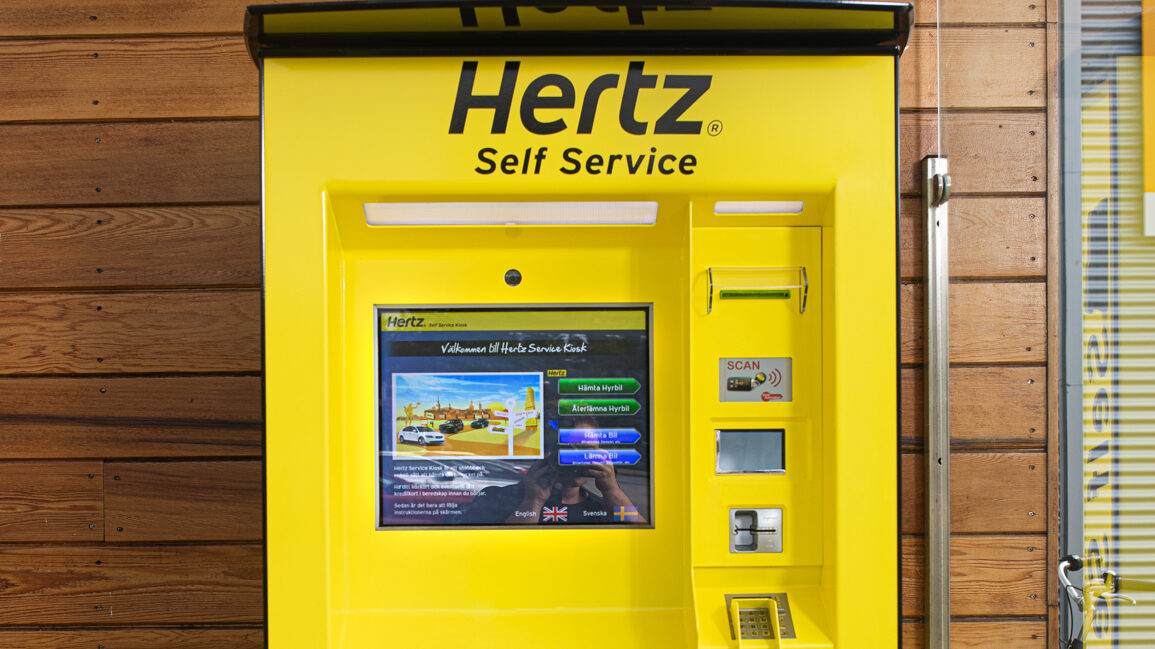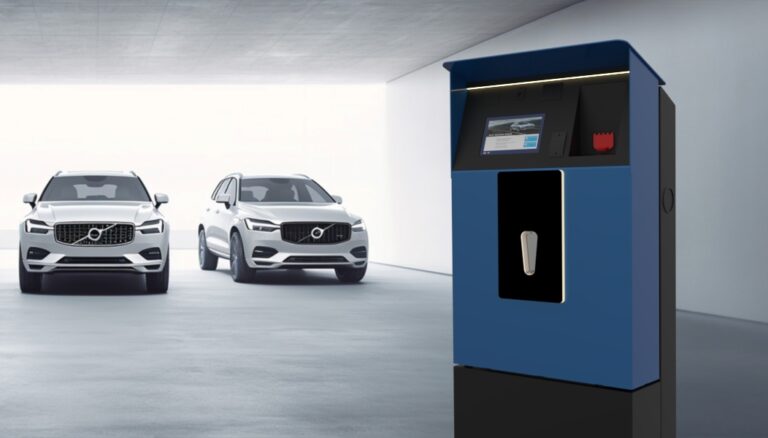Misconception 1: They are too impersonal
Debunked: Many believe that self-service terminals might depersonalize the customer experience. However, the reality is that these systems can enhance customer satisfaction by streamlining the rental process. Customers can avoid long lines and tedious paperwork, getting on the road faster. Moreover, staff freed from routine tasks can focus on addressing more complex customer needs, adding a personal touch when it matters most.
Misconception 2: They are difficult for customers to use
Debunked: There’s a common fear that self-service technology could be too complex for some users. In fact, these terminals are designed with user-friendliness in mind. They typically feature intuitive interfaces, clear instructions, and responsive touch screens that make them accessible to people of all ages and tech-savviness levels. Additionally, most terminals offer customer support via a hotline or live chat, ensuring help is at hand if needed.
Misconception 3: They will lead to significant job losses
Debunked: While it’s true that self-service terminals automate some tasks, they don’t necessarily lead to job cuts. Instead, they reallocate human resources to more valuable activities. Employees can focus on improving customer service, managing more complex tasks, or handling other strategic business activities. This can lead to more fulfilling roles and opportunities for staff development.
Misconception 4: They are too expensive to implement
Debunked: The initial setup cost for self-service terminals can be a concern for some businesses. However, the long-term savings and efficiency gains often offset these upfront investments. By reducing labor costs and improving transaction speeds, terminals can enhance profitability. They also tend to have lower operational costs compared to full-service solutions.
Misconception 5: They are not secure enough
Debunked: Security is a paramount concern for any technology solution, and self-service terminals are no exception. Modern terminals are equipped with robust security features, including encrypted transactions, secure Internet connections, and compliance with privacy laws. This ensures that customer data is protected, which is crucial for maintaining trust and integrity in the business.
Conclusion
Self-service terminals offer numerous benefits to the rental car industry, from enhancing customer experience to improving operational efficiencies. By understanding and debunking these common misconceptions, rental car businesses can make more informed decisions about incorporating this technology into their operations. Embracing such innovations can lead to significant competitive advantages in a rapidly changing market.



